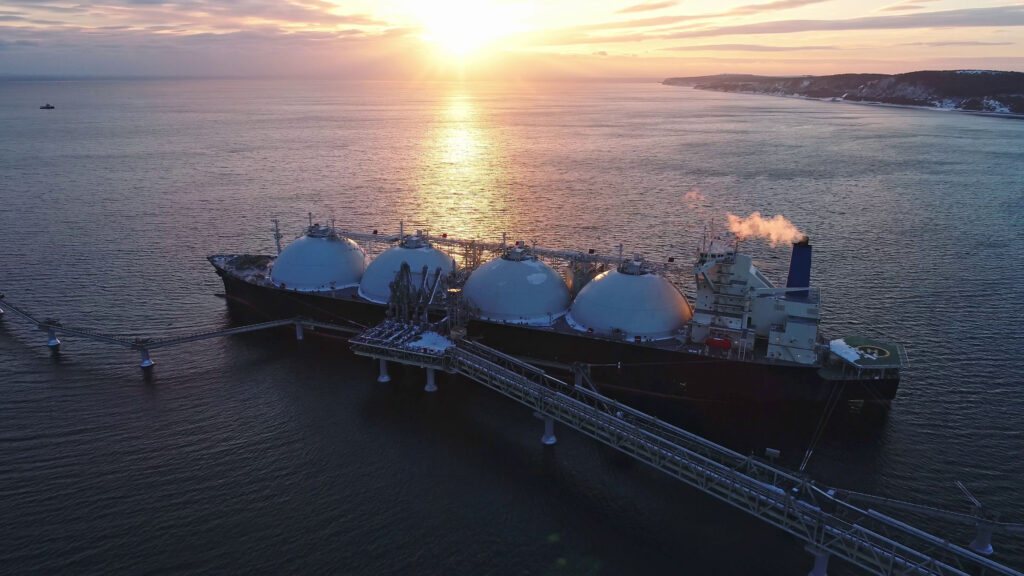
When Trump took office in 16, his administration made a big push to promote U.S. oil and gas exports, especially liquefied natural gas (LNG). They cut through red tape, making it easier to sell our energy to the world. The impact was immediate—LNG exports jumped from around 200 billion cubic feet in 2016, under Obama, to over 700 billion cubic feet in 2017, Trump’s first year.
This was a game-changer for places like the Marcellus Shale and the Appalachian Basin, where I live. The Marcellus, one of the largest natural gas fields in the world, became a major supplier for this export boom. Demand for our gas skyrocketed, and with it came more drilling, more pipelines, and more jobs. It brought new money into towns around here—money that funded schools, fixed roads, and helped local businesses grow. Pennsylvania alone collected billions in impact fees, which made a noticeable difference in rural communities.
What’s really striking is how this policy turned local gas into a global product. Natural gas from our region is now powering homes and businesses in Europe and Asia. For the Appalachian Basin, it’s been a chance to prove its value on the world stage. It’s brought economic growth and connected our region to global markets like never before—a change that’s reshaped how we think about the industry and its role in our future.
I think we can expect more of the same.
Howdy! Grab your favorite coffee and join me as we journey through the Marcellus shale. I’m your guru’ for all things oil and gas. Expect some hearty chuckles as we wonder the ins and outs of the Appalachian Basin, because let’s face it, the new energy revolution is – full of surprises.
James A. Asbury
